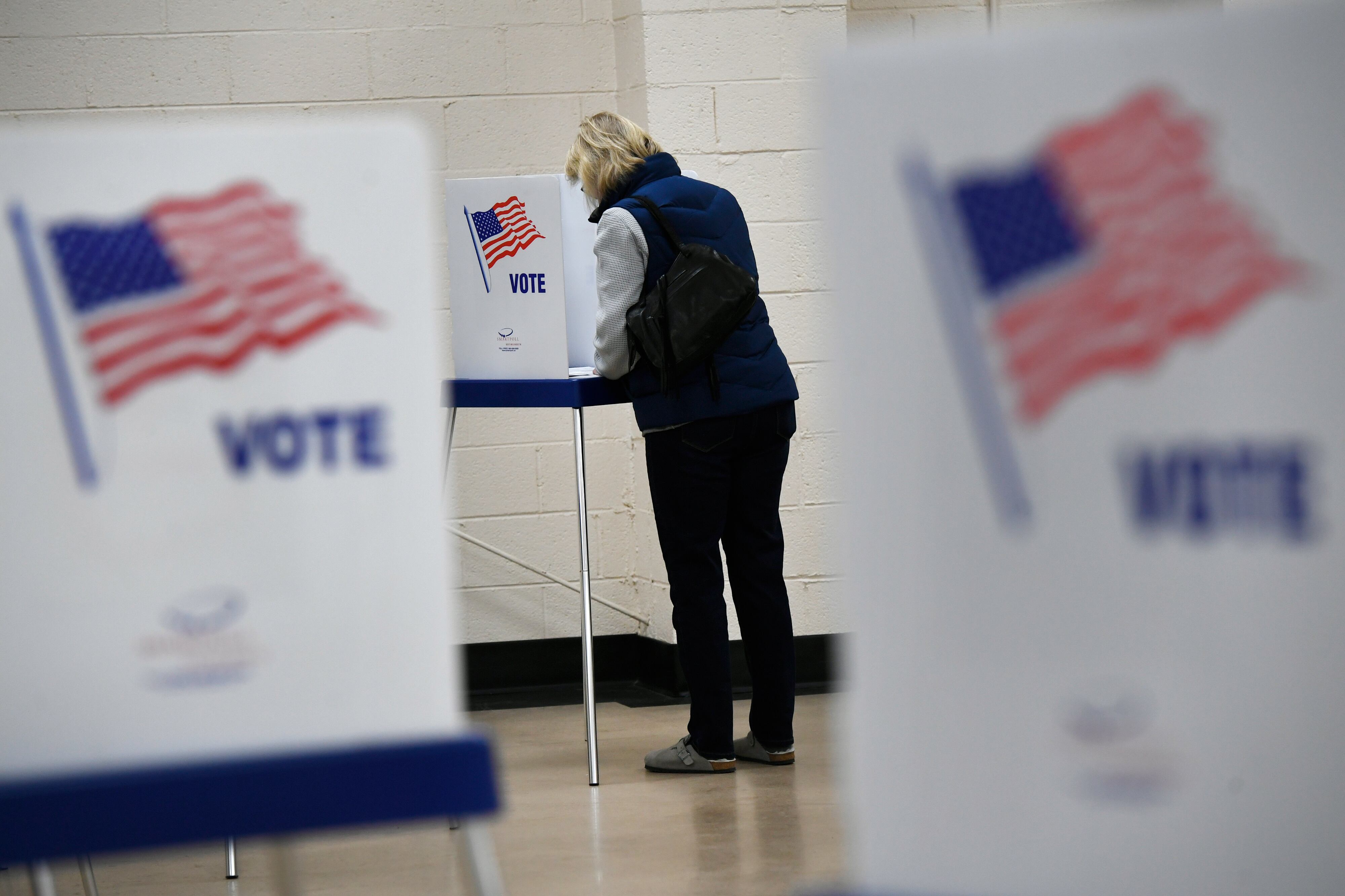Indiana voters Tuesday overwhelmingly backed local property tax increases to fund school operations, but hesitated to pay more for campus construction and renovation projects.
The May election saw more referendums on the ballot than in the past three elections combined as the state emerges from COVID-19 economic uncertainty. In total, Indiana voters approved seven referendums out of the nine that were proposed.
All six of the operating referendums on the ballot passed, giving schools around the state additional tax revenue to fund programs, transportation, and salaries.
But construction referendums — whose funds are earmarked for specific building or renovation projects — fared worse. Of three such referendums on the ballot, only Lebanon schools won voter approval for a $102 million construction and renovation project. The district also won its operating referendum on Tuesday.
In Marion County, Franklin Township voters defeated a $98 million referendum to renovate the 50-year-old high school, with 62% of voters saying no. The district has never passed a referendum in four attempts, according to Larry DeBoer, a Purdue University professor emeritus who studies Indiana tax issues.
In a statement, the district expressed disappointment at the results, and reiterated that the issues caused by the school’s age and growing enrollment still will need to be addressed.
“These issues will not go away, and costs to address them will only increase in the future. We won’t see a plan this affordable again,” the statement said. “In the meantime, we will do the best we can with the existing facilities. Our dedicated staff will see that students continue to have excellent learning opportunities that have been our hallmark as one of the state’s highest-performing districts.”
Franklin Township’s struggle to pass a referendum is an outlier in Marion County, where the other districts have attempted a referendum 28 times, and passed 27, DeBoer said.
One explanation could be that Franklin has a higher share of homeowner-assessed value in its tax base, meaning the tax burden falls to homeowners rather than renters or businesses, he said.
“Maybe that’s part of an explanation, but that fact alone doesn’t seem like enough to explain it,” DeBoer said. “One thing I’ve learned over the years though—these are local elections, turning on local issues that aren’t necessarily reflected in factors that we can measure.”
DeBoer said the election represented a return to normal, with just over three-quarters of all referendums passing — in line with the historic average. Voters’ preference for operating referendums over capital referendums is also typical for the state where historically 70% of the former have passed compared to 55% of the latter.
Perry Township, near Franklin Township, handily won a renewal of its $154 million operating referendum, which funds one-third of the district’s teaching force, as well as STEM programming and bus routes. The district thanked voters in a statement on social media.
“We are encouraged by the YES vote. It means the community understands the importance of quality education,” the statement said. “We consider the YES vote a win-win for not just the students, teachers and staff, but the community as a whole.”
Aleksandra Appleton covers Indiana education policy and writes about K-12 schools across the state. Contact her at aappleton@chalkbeat.org.





